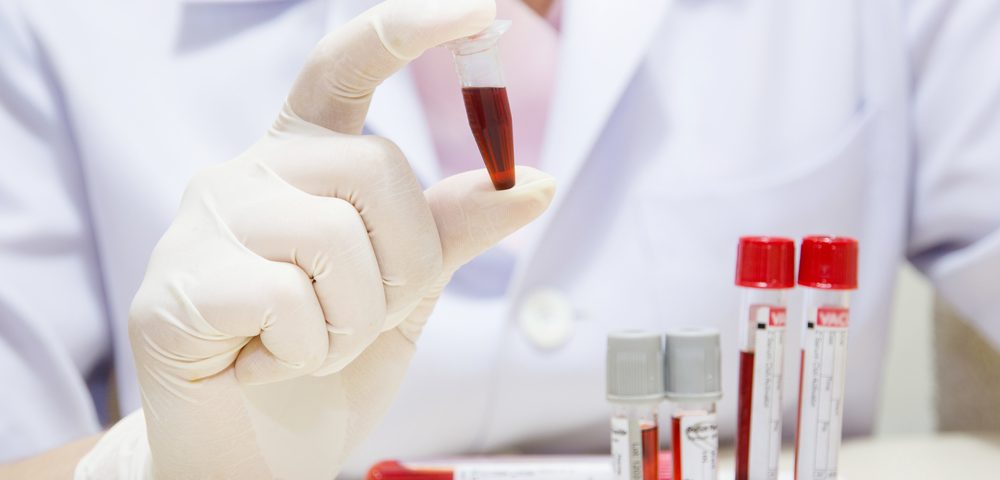People with hepatitis B core-related antigen (HBcrAg) in their blood are nearly three times more likely to experience hepatitis B virus (HBV) recurrence when undergoing immunosuppressive therapy than those who do not, according to a study published in the American Journal of Gastroenterology.
This finding suggests that HBcrAg can be used as a new biomarker to identify patients at high risk, and who may benefit from antiviral therapy. The study is titled “Association of Hepatitis B Core-Related Antigen With Hepatitis B Virus Reactivation in Occult Viral Carriers Undergoing High-Risk Immunosuppressive Therapy.”
A research team from the Department of Medicine at Queen Mary Hospital at The University of Hong Kong monitored the level of HBcrAg in the blood of 124 Asian patients every four weeks for up to two years.
Half of the patients were undergoing chemotherapy containing the immunosuppressive drug Rituxan (rituximab), while the other half were undergoing allogeneic hematopoietic stem cell transplantation (HSCT).
The patients did not have HBV surface antigen but had anti-HBV core antigen antibodies in their blood, meaning they did not have an active HBV infection but had past contact with the virus.
Researchers saw that HBV recurred in 31 patients. The rate of reactivation of the virus was more than 40% in two years for both groups. Serum HBcrAg was detected in 43 patients among the groups. Those who were positive for HBcrAg before the start of the treatment were almost three times more likely to experience HBV recurrence than those who were HBcrAg negative.
In some regions of East Asia, up to 68% of people have been exposed to HBV in their lifetime, which puts them at high risk of HBV recurrence during immunosuppressive therapy. The ability to identify patients most at risk for HBV could help clinicians define better therapeutic approaches for each case.
“HBcrAg-positive patients, given their higher risk of HBV reactivation, might be suitable candidates for prophylactic (preventative) antiviral therapy, while HBcrAg-negative patients, given their relatively lower risk, might be more suitable for routine monitoring,” said Wai-Kay Seto, the first author of the study, in a press release. “This risk stratification would optimize the management and monitoring of patients undergoing high-risk immunosuppressive therapy in HBV-endemic regions.”


2 comments